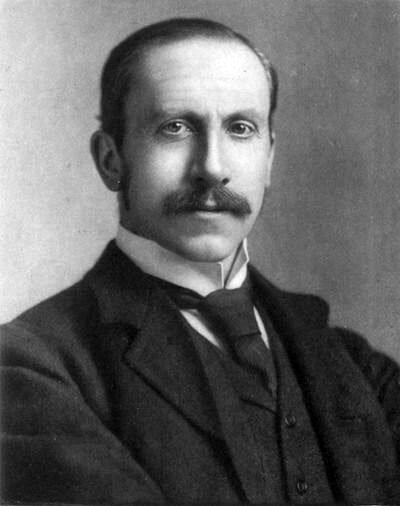Sanity by Neovictorian Book Review
Sanity by Neovictorian [Amazon link] is an esoteric and non-linear bit of applied psychology and self-cultivation. There is a story in here, an adventure story even, but it requires a bit of mental juggling to see. And that is very much not the main thrust of the book. It is definitely not for everyone, but it isn’t supposed to be.

Sanity by Neovictorian 2nd edition
The first chapter of Sanity starts with a bang! I think this is a good choice for a novel of ideas that nonetheless insists upon decisive action. The non-linear nature of the narrative works really well here, focusing in on a remarkable event in a remarkable young man’s life, and then slowly filling in the details and laying out a mystery that you want to penetrate.

And while exciting and interesting things do happen to Cal Adler, it is that mystery that is the core of Sanity. It is a mystery about the way the world works, or perhaps about the way the world should work. Nothing is baldly stated, in all cases the implications are left to the reader to puzzle out.
I have to imagine that the target audience is someone very much like me. Chronologically and in narrative order, one of Cal’s first experiences with the mystery that will dominate his life comes in high school. A strangely evocative man tells Cal that “no, you really are different than everyone else, and others feel just like you do”. A man with a message that intensity of learning and deepness of thought isn’t incompatible with also being a doer, fully present and aware in the world.
I certainly wanted something like this when I was that age, and I was attracted to books that gave me pieces of that idea. Growing up bright in a small town, or an unremarkable California suburb like Cal, probably produces quite a different experience than for those lucky few scions of the Masters of Universe, destined for power and wealth through family connections and access to the proper credentials. Sanity is about a world in which these things aren’t as important as they seem.
In our world, those things are pretty important. I can see the attraction of a loose coalition of wise and far-sighted men who act for the betterment of all mankind, but I’m very much a “there is no inner party” kind of guy. If it seems like the world is run by idiots, that’s probably because it really is.

The Rt. Hon. The Viscount Milner
By Elliott & Fry - Lord Milner’s Work in South Africa by W. Basil Worsfold, Public Domain, https://commons.wikimedia.org/w/index.php?curid=4784486
Which isn’t to say that hidden movements don’t exist. They obviously do. They aren’t even really that hidden. Sanity is in a broad and even popular twentieth century tradition that is present in Campbelline science fiction, philosophy, and stranger stuff yet. On average, it probably shades slightly disreputable, or even embarrassing, in much the same way that millennial movements do.
Historian Carroll Quigley is famous, or infamous, for pointing out that Cecil Rhodes wanted to use his vast fortune to fund a secret society that would function as the Jesuits of the British Empire. There is at least some evidence that Alfred Milner and his friends and acquaintances did something just like that, although perhaps in a more lowkey manner than Rhodes initially envisioned. The associates of Lord Milner tended to be the famous and connected however.
On the less respectable end of the spectrum, the life of John Whiteside Parsons is an illustration of
how an international network of nerds was quite capable of instigating a technological revolution long before the invention of the Internet. The world's chief rocket societies were located in Britain, Germany, and the United States. They were part of a network that included the new subculture of science fiction, which communicated through the old pulp magazines.
Parsons founded what would become the Jet Propulsion Laboratory, but he also dabbled in the occult and ritual magic. That wasn’t uncommon in Jack Parson’s circles, although Parsons was probably crazier than others who were associated with the Lodge in Pasadena, such a L. Ron Hubbard. Despite the irregularities in Parson’s life, it is clear that he was brilliant, and the ideas he was interested in also interested lots of other bright and ambitious men of his time.
Hubbard is now far better known than Korzybski, the creator of General Semantics, but in Parson’s day Korzybski was more influential on science fiction. Campbelline era science fiction like the work of A. E. van Vogt or Robert Heinlein bears the stamp of the ideas of Korzybski and men like him. Sanity lives in this same nexus of science fiction, real-world technological wizardry, and psychology so applied that it is hard to distinguish from ritual magic.
I’m not certain that this branch of psychology is prudent to practice. Like the tendency for certain types of meditation to produce dissociation, Korzybski’s ideas or those of his more popular intellectual descendants did not produce uniquely integrated psyches, but rather seems to have pushed a few sensitive souls into madness. Or at least blinded them to clear warning signs regarding free love and summoning rituals. It definitely didn’t do Jack Parsons any favors.
However, as a book, Sanity is something. Caveat lector, but it is pretty interesting.



Comments ()